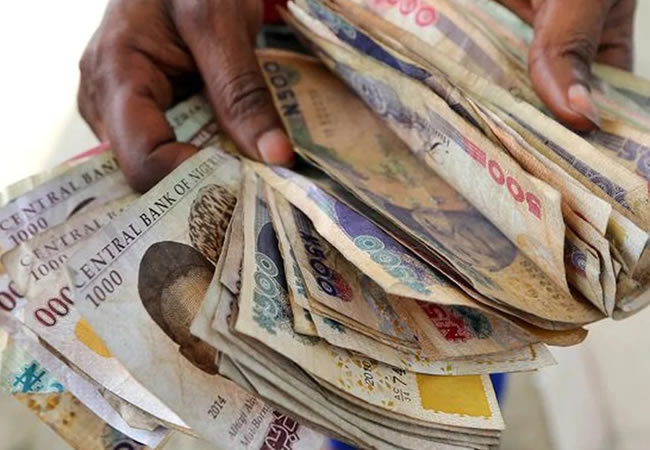Nigeria’s Broad Money Supply (M2) surged by 51% year-on-year (YoY), reaching N108.96 trillion in November 2024, driven by rising domestic borrowings by the Federal Government. This is according to the Central Bank of Nigeria (CBN).
The figure marks a significant increase from the N72.03 trillion recorded in November 2023, as detailed in the CBN’s Money and Credit Statistics released on Monday. M2 includes cash, demand deposits, savings deposits, money market deposits, and time deposits, representing a comprehensive measure of economic liquidity.
Trends in M2 Growth
Broad Money Supply (M2) exhibited consistent growth over six months from April 2024. However, in October 2024, the trend briefly reversed with a 1.5% month-on-month (MoM) decline to N107.7 trillion from N109.4 trillion in September. M2 rebounded in November, increasing by 1.2% to N108.96 trillion.
Key Drivers of the Growth
The YoY growth in M2 was underpinned by increases across its primary components, reflecting broader liquidity expansion:
- Quasi Money: Savings deposits, time deposits, and other near-money assets grew by 1.96% YoY, rising to N72.7 trillion in November 2024 from N71.3 trillion in November 2023.
- Demand Deposits: These surged by 34.4% YoY, climbing to N31.6 trillion from N23.2 trillion during the same period.
- Currency Outside Banks: A sharp 50.9% YoY increase brought this figure to N4.65 trillion in November 2024, up from N3.08 trillion in November 2023.
- Narrow Money (M1): Reflecting a rise in cash and demand deposits, M1 expanded by 38% YoY to N36.3 trillion from N26.3 trillion in November 2023.
Domestic Credit Growth
The CBN data highlighted notable credit growth across both the government and private sectors:
- Credit to the Government: This category saw a dramatic 54% YoY increase, reaching N39.6 trillion in November 2024 compared to N25.7 trillion in November 2023.
- Credit to the Private Sector: Loans and advances to the private sector rose by 27% YoY to N75.96 trillion from N59.7 trillion in November 2023.
The combined rise in domestic credit resulted in a remarkable 91% YoY increase in net domestic credit, which jumped to N115.6 trillion in November 2024 from N60.5 trillion in November 2023.
Implications for the Economy
The surge in money supply highlights the government’s growing reliance on domestic borrowing to bridge fiscal deficits. While this liquidity boost supports economic activities, it raises concerns about inflationary pressures. Policymakers face the challenge of balancing fiscal and monetary policies to foster sustainable economic growth without exacerbating inflation.
As the Federal Government continues to address fiscal challenges, experts emphasize the importance of managing liquidity expansion carefully to mitigate potential long-term impacts on the economy.













